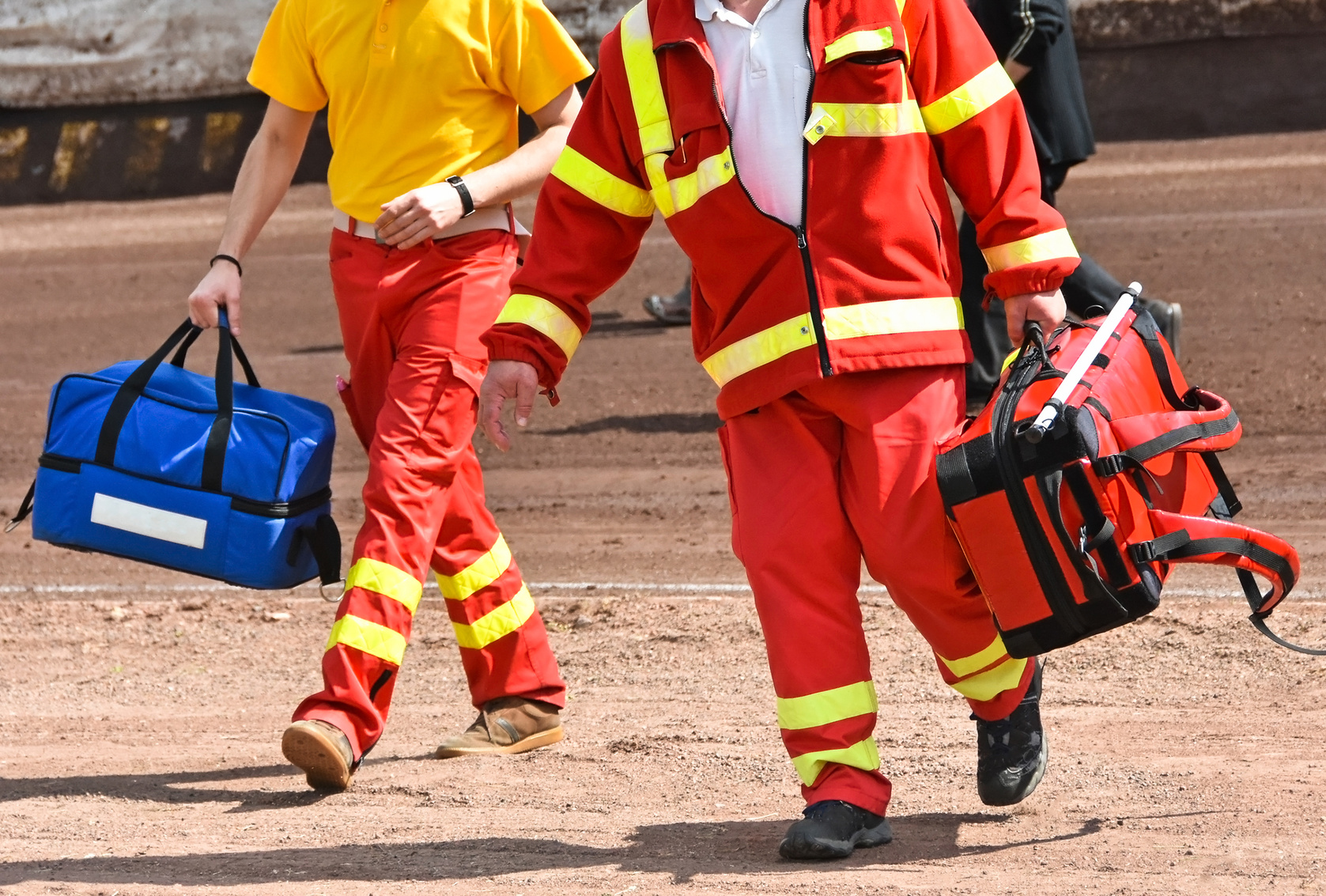Question
„Zanter dass et de SAMU gëtt, fiert ëmmer en Anästhesist an en Infirmier en anesthésie-réanimation mat. Eis ass elo zu Ouere komm, dass de CGDIS d’Dier opmécht, fir dass och Generalisten oder Urgentiste kënne SAMU fueren, amplaz vun Anästhesisten. Am Ausland goufen och ewell esou Mesüre geholl, well et do net genuch Anästhesiste ginn. Dat ass awer hei zu Lëtzebuerg net de Fall.
An deem Kader wollte mir dem Här Inneminister an der Madamm Gesondheetsministesch follgend Froe stellen:
- Sinn den Här an d’Madamm Minister der Meenung, dass d’Qualitéit vun de Soinen déi selwecht ass, egal ob en Anästhesist oder en aneren Dokter um SAMU fiert?
- Aus wéi enge Grënn ware bis haut ëmmer nëmmen Anästhesisten um SAMU?
- Goufen d’Médecins spécialistes en anesthésie-réanimation consultéiert éier dass de CGDIS déi Decisioun geholl huet ? A wa jo, wat war hier Meenung ?
- Sinn d‘Ministeren net der Meenung, dass d’Anästhesisten besser ausgebilt si fir z.B. Kanner ze behandelen, respektiv fir eng Persoun ze intubéieren?
- Wa keng Anästhesiste méi um SAMU fueren, wéi ass et da mat den Infirmiers en anesthésie-réanimation, déi am Prinzip just am Binôme mam Anästhesist kënne schaffen?
- Gedenken d’Ministeren de CGDIS ze bieden, nach eemol iwwer dës Decisioun nozedenken?“
Answer
Mam Gesetz vum 27. Mäerz 2018 iwwert d’Organisatioun vun der ziviller Sécherheet gouf de SAMU (Service d’aide médicale urgente) an de CGDIS integréiert. D’Koordinatioun an d’Gestioun vum SAMU gëtt vun der Direction médicale et de la santé (DMS) vum CGDIS assuréiert.
Den Artikel 88 vum uewe genannte Gesetz gesäit fir, datt de CGDIS e sougenannten « Référentiel de ressources et d’organisation pour le SAMU » erstellt an datt heizou den Avis vun enger repräsentativer Organisatioun vun de SAMU’s Doktere gefrot muss ginn.
De Référentiel a senger aktueller Form gouf de 16. November 2018 vum Verwaltungsrot vum CGDIS ugeholl. E reegelt d’Qualifikatioun vum SAMU’s Dokter : « Le médecin SAMU est un spécialiste en anesthésie-réanimation ou en anesthésiologie autorisé à exercer la médecine au Luxembourg par le ministre ayant la Santé dans ses attributions. »
Vu datt de Référentiel a senger aktueller Versioun vum 16. November 2018 nach ëmmer a Kraaft ass, gëtt et bis zum haitegen Zäitpunkt keng Entscheedung vum CGDIS, datt e SAMU’s Dokter eng aner Qualifikatioun soll hu wéi déi vun engem Anästhesiste-Réanimateur. Laut Informatioune vum CGDIS schafft d’DMS de Moment zesumme mat Vertrieder vun de SAMU’s Dokteren un hierem Kompetenz-Katalog. Sollt et an deem Kontext zu enger Ännerung vun der Qualifikatioun vum SAMU’s Dokter kommen, esou muss déi am Référentiel vum Verwaltungsrot festgehale ginn. De Cercle des médecins anesthésistes-réanimateurs du Grand-Duché de Luxembourg gëtt an deem Fall och ëm säin Avis gefrot.






